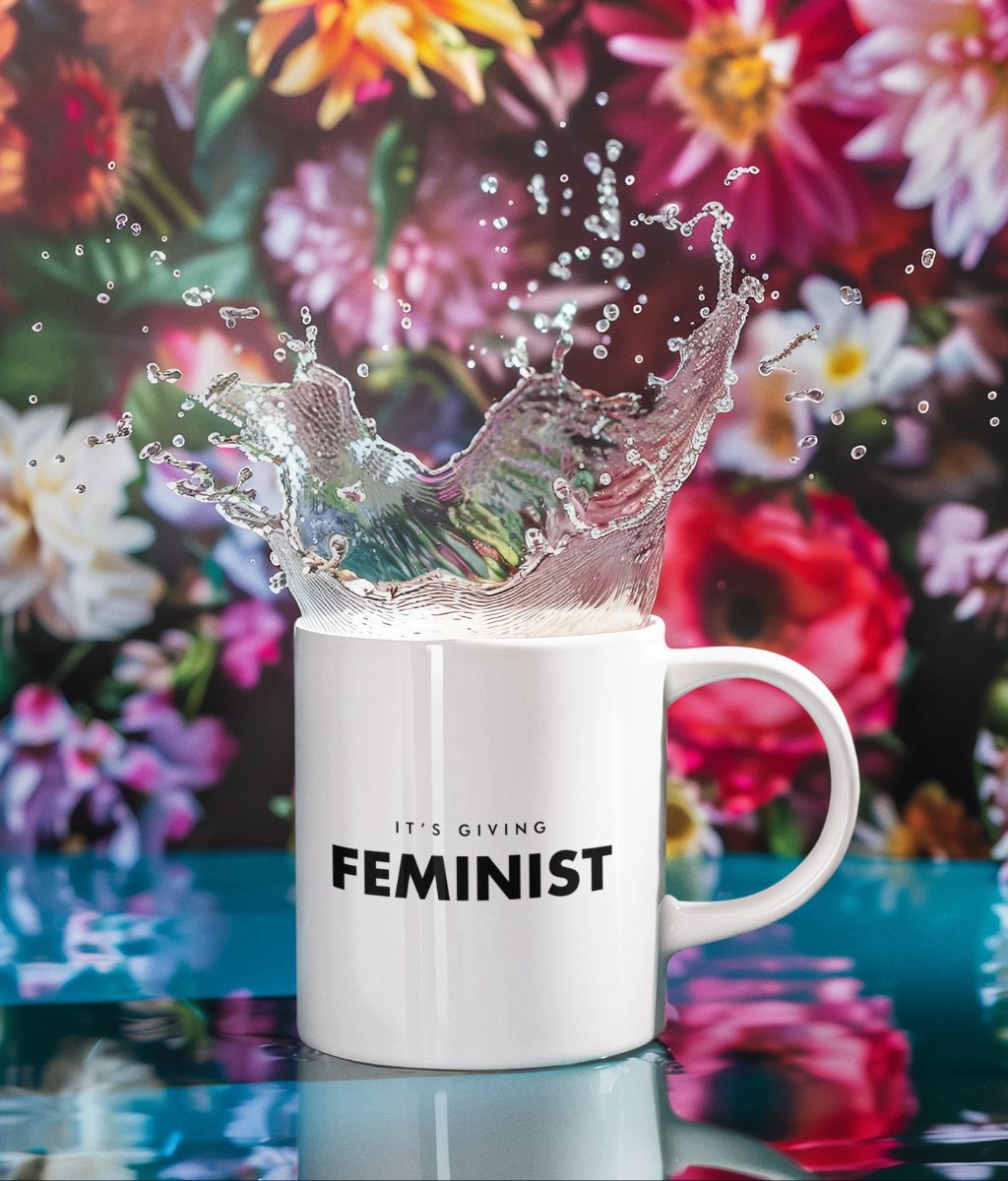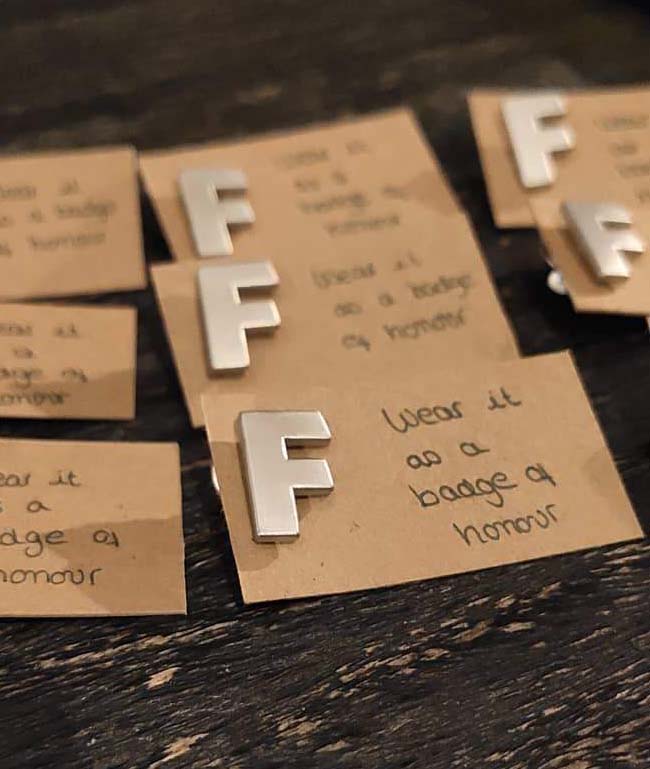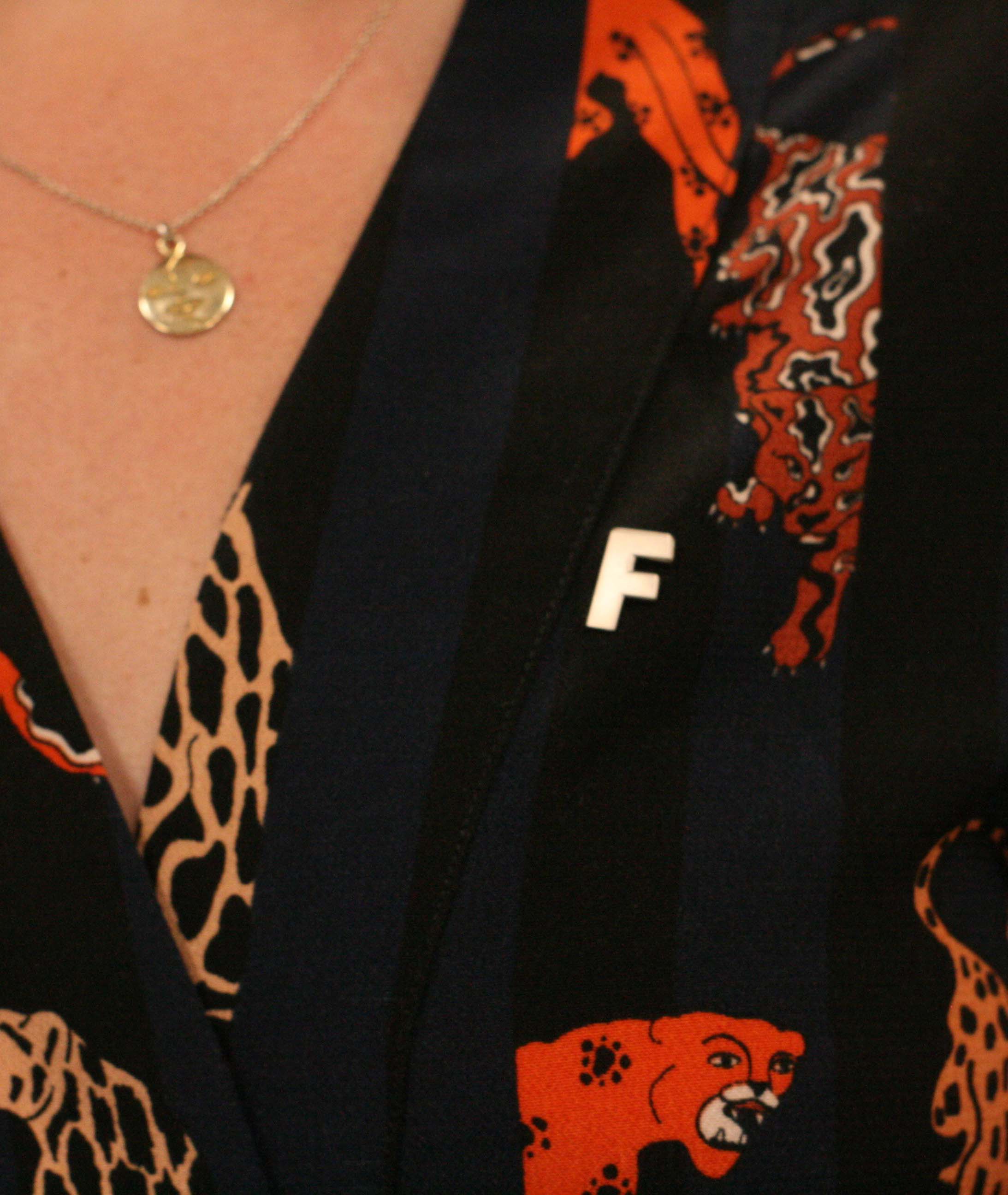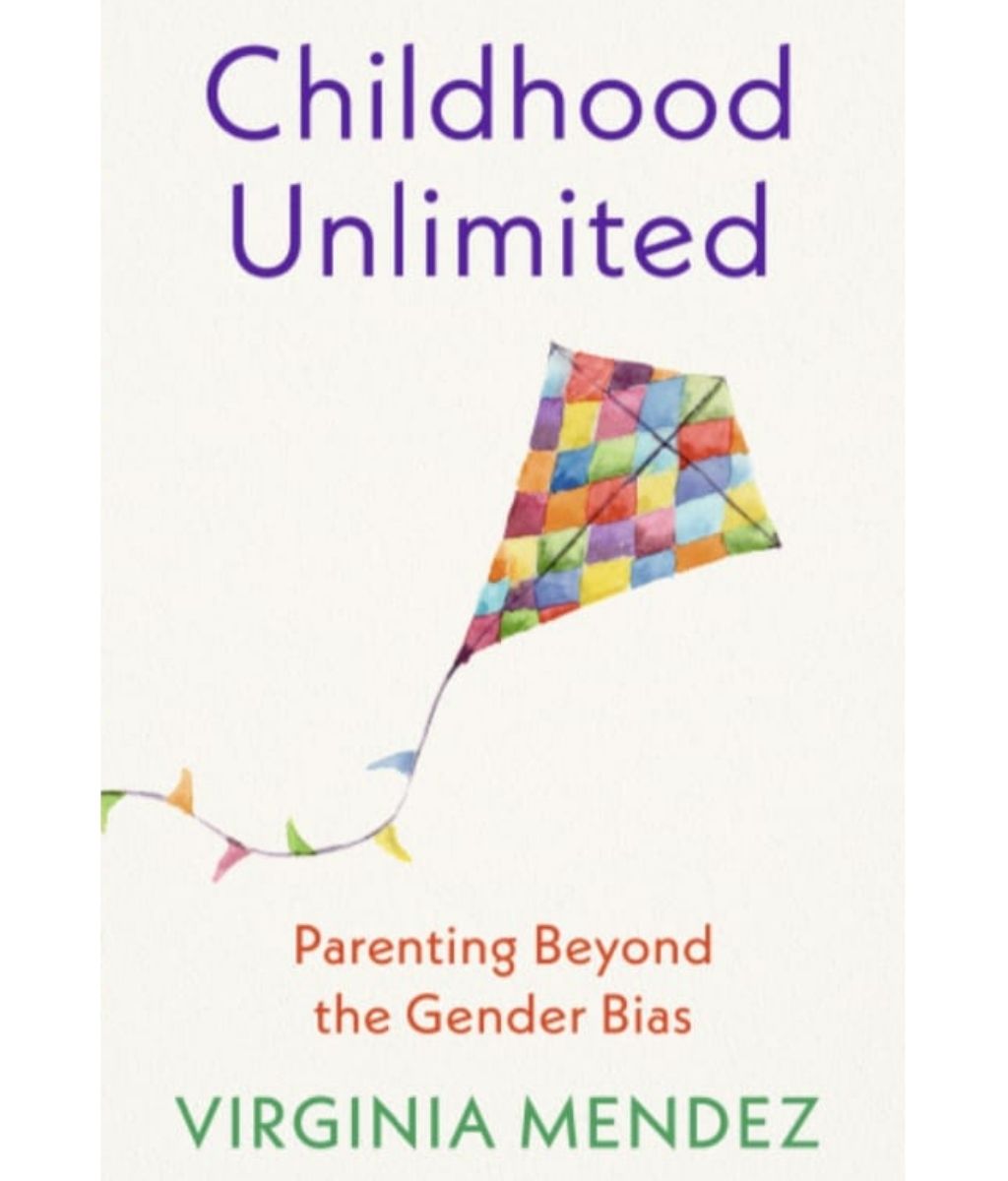The 15th of April is Titanic Remembrance Day and we have been inspired by it to explore further and check the links with feminism. Because, correct, everything has a link with feminism. And we have found not one, but three topics to write about!
One of our first and obvious bits of research was around which feminists were in the boat, who was saved and who didn't make it. We didn't know much about them before but we're fascinated by their stories.
Molly Brown

The most relevant one is Molly Brown, also known as "unsinkable" Molly Brown. Really interesting life, actress, philanthropist and definitely determined woman and very forward-thinking for her age!
Although she really wanted to be rich (who doesn't, right? ) she decided to marry the educated but poor man she was in love with, luckily for her he ended up making a fortune with his engineer work. They separated in a friendly way after 23 years of marriage and she was left with a really generous cash settlement to continue her travels and social work.
As the Titanic began its journey she lived up to her reputation as a women’s rights campaigner, she distributed her clothes to the shivering refugees, argued the half-empty vessel should go back to pick up more people and told the quartermaster Robert Hichens that if he wouldn’t let the women row he would be thrown overboard. Go, Molly!
Helen Churchill Candee

In the boat, there was also the journalist Helen Churchill Candee, author of 8 books, one of them being How Women May Earn a Living, a 342-page tome advocating for women to seek financial and social independence from men and others. She was a board member of the Washington National Woman Suffrage Association, explorer, nurse (she treated Ernest Hemingway in World War and awarded with The Royal Italian Red Cross ), interior decorator and much more.
Although she injured herself in the boat (she was to walk with a cane for a year after the disaster) she lead the Votes for Women parade down Pennsylvania Avenue, on horseback, in 1913.
All of that whilst also managing to get a divorce from her abusive husband and supporting, all by herself, her 2 kids. If that would be hard for anybody in 2020 I can't imagine how it was for a woman over 100 years ago!
Elsie Bowerman

- Elsie Bowerman, British suffragette and active member of Emmeline Pankhurst's Women's Social and Political Union (WSPU). She witnessed the Russian Revolution and when she came back to England Elsie helped organise mass meetings to encourage men to join the Forces and women to volunteer for war work.
She was the first English woman admitted to the bar, a volunteer during the II World War and travelled to USA to help start the United Nations Commission on the Status of Women at the age of 58.
W.T Stead

On the losses in the boat was the journalist W.T. Stead a loud eloquent supporter of the suffrage movement. I can't imagine how tragic was to lose a male ally in those times! He was a pioneer of investigative journalism and supported important causes, like the raise of consent age from 13 to 16.
And sorry, this is not feminist but wow! (In 1892, Stead published a story titled "From the Old World to the New", in which a vessel, the Majestic, rescues survivors of another ship that collided with an iceberg. 20 years before it happened to him!!)
Those are the most relevant ones, thankfully a lot of good things happened because some of them left that boat alive but we can only wonder what would have happened if all of them did. Who else was there, that never became famous, that could have had a major role in the shape of history?











0 comments